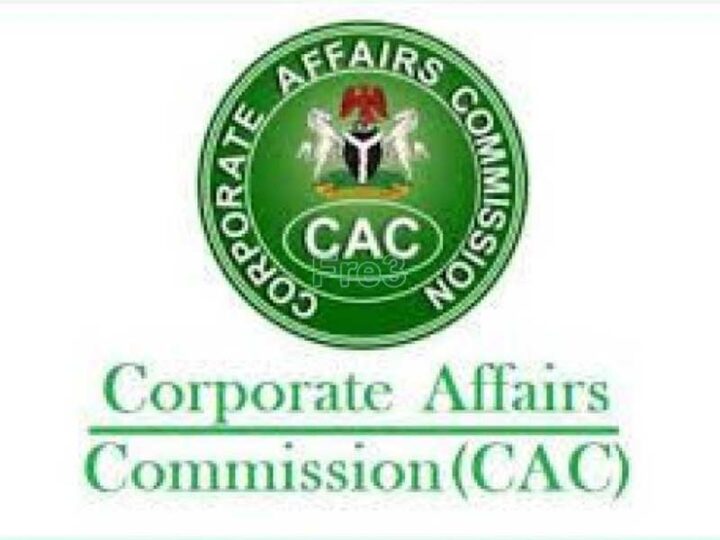The Corporate Affairs Commission (CAC) has explained that recent failures in the payment of stamp duties on its platform are due to technical incompatibility between its online portal and the systems of some partner government agencies.
The Commission disclosed this in a statement yesterday, following complaints from users who have experienced repeated disruptions when attempting to complete stamp duties payments required for company registration and related services. The CAC said the issue has particularly affected transactions that involve integration with partner agencies responsible for processing and confirming payments.

According to the statement, the incompatibility stems from ongoing upgrades to the portals of some partner agencies, which have inadvertently created synchronization challenges with the CAC’s own platform. The Commission said that while it has been working to maintain smooth operations, these external technical adjustments have occasionally disrupted the end-to-end payment process.
“The challenges experienced by some customers when paying stamp duties are the result of system misalignment between our portal and that of certain partner agencies. These are not failures originating from the CAC’s platform alone, but rather a product of integration issues, which we are addressing collaboratively,” the statement read.
The CAC noted that it has been in constant communication with the affected agencies, including the Federal Inland Revenue Service (FIRS), to ensure that the necessary technical fixes are implemented swiftly. It said dedicated teams of IT specialists from both sides are already working to resolve the incompatibility and restore seamless operations.
The Commission reassured customers that all valid payments made during the downtime will be reconciled and properly recorded once the technical issues are resolved. It also advised users who have encountered failed transactions to retain evidence of their attempted payments, including receipts and confirmation emails, to facilitate prompt resolution.
In the meantime, the CAC urged customers to exercise patience as the technical teams work to restore full functionality. It added that alternative payment channels may be used in some cases to prevent unnecessary delays in business registration processes.
The statement further highlighted that the integration of multiple government platforms, while aimed at improving efficiency and transparency, can occasionally lead to such technical hiccups, particularly when one agency implements system upgrades that impact the shared interface.
Industry stakeholders say that such disruptions, though unintended, can have significant implications for businesses, especially startups and investors seeking timely registration to commence operations. They warn that if not quickly resolved, the delays could affect Nigeria’s ease-of-doing-business ranking and investor perception.
The CAC, however, maintained that it remains committed to the government’s digital transformation agenda and to providing a fully automated, user-friendly platform for business registration and related services. It reiterated that its long-term goal is to achieve full interoperability among all relevant agencies to eliminate the need for manual intervention in payment and verification processes.
The Commission also stated that it will intensify its engagement with the FIRS and other stakeholders to not only fix the current challenges but also put in place preventive measures to avoid similar issues in the future. It assured the public that more updates would be provided as soon as significant progress is made in resolving the technical glitches.
The agency emphasised that while temporary disruptions are sometimes inevitable during large-scale digital integration projects, the long-term benefits of having a fully interconnected government service platform far outweigh the short-term inconveniences.
Moving forward, the CAC pledged to enhance its system monitoring protocols to detect and address potential disruptions earlier. It also committed to expanding customer support channels to better assist users during periods of technical downtime.
The Commission concluded by reaffirming its commitment to ensuring that the registration of businesses in Nigeria remains efficient, transparent, and fully compliant with the country’s legal and regulatory requirements, noting that reliable digital infrastructure is critical to sustaining economic growth and attracting investment.
Support InfoStride News' Credible Journalism: Only credible journalism can guarantee a fair, accountable and transparent society, including democracy and government. It involves a lot of efforts and money. We need your support. Click here to Donate
